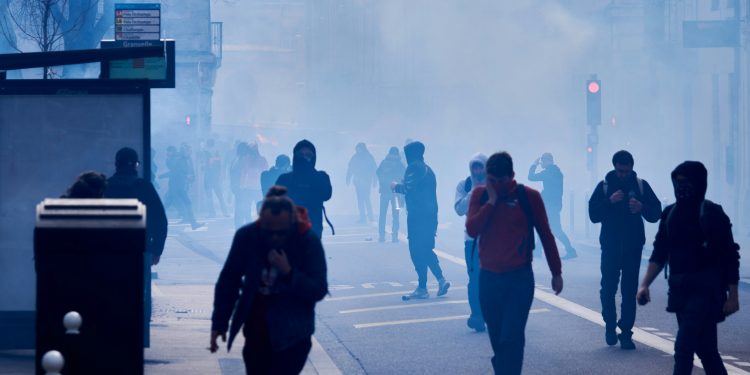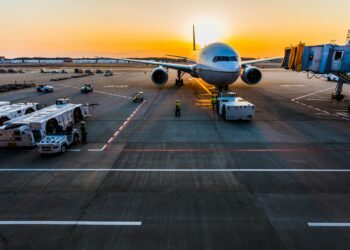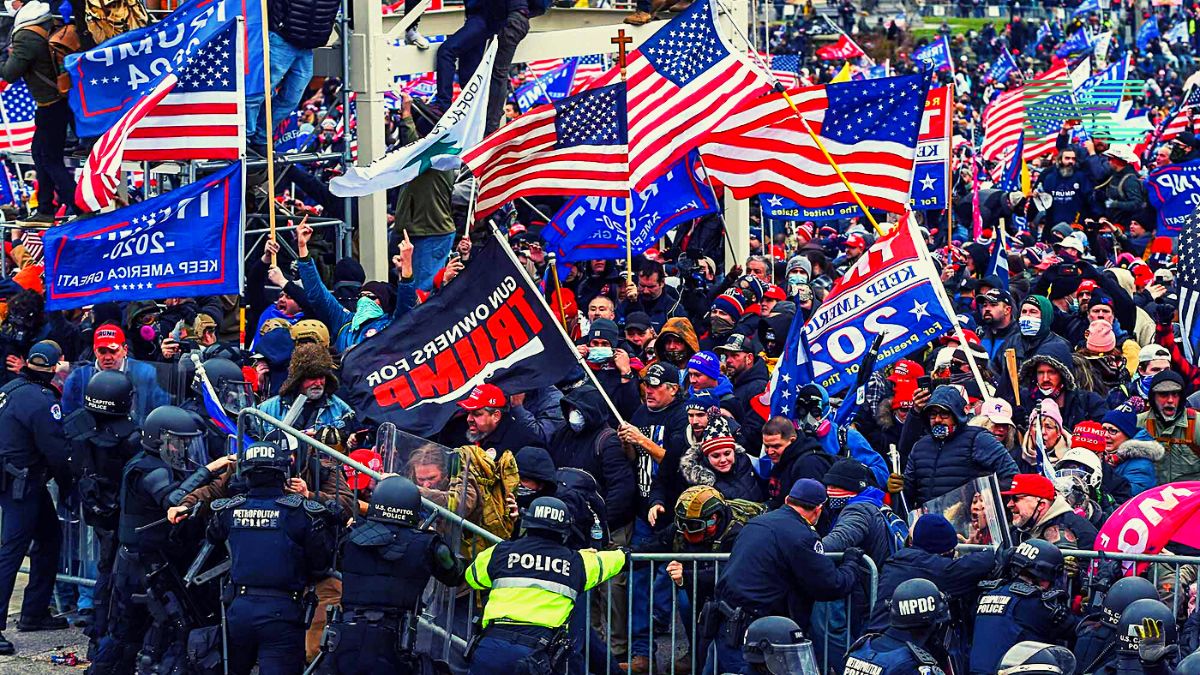Kenyan police fired live rounds at advancing protesters in Nairobi on Monday, with one man seen motionless with gunshot wounds, as nationwide demonstrations marked the 35th anniversary of Kenya’s pro-democracy “Saba Saba” movement.
The violence erupted amid heightened tensions following last month’s death of blogger Albert Ojwang in police custody, which has galvanized youth-led protests against police brutality, corruption, and enforced disappearances.
A Reuters journalist witnessed police deploying tear gas, water cannons, and gunfire to disperse crowds along key routes in the capital. In Kangemi suburb, hundreds marched blowing whistles before clashes turned deadly. Authorities had locked down central Nairobi, shutting schools and malls while blocking major roads—leaving streets empty except for protesters like construction worker Francis Waswa, who vowed: “We’ll stay till evening. Who else will fight for our rights?”
Similar demonstrations rocked Nyeri, Embu, and Nakuru, where mounted police charged at stone-throwing youths. The unrest follows June’s deadly protests that saw 19 killed nationwide, per the Kenya National Commission on Human Rights.

Government Crackdown and ‘Terrorism’ Accusations
Interior Minister Kipchumba Murkomen—who previously branded protesters as “terrorists—claimed security forces were on “high alert” to prevent chaos. His rhetoric preceded a Sunday raid on the Kenya Human Rights Commission, where assailants injured a board member to suppress a pre-protest press briefing.
The Saba Saba date (July 7) commemorates 1990 rallies that ended Daniel arap Moi’s one-party rule. But this year’s marches fused historical remembrance with fury over Ojwang’s death—a case that has seen six charged with murder, including three officers.
Why It Matters
As Kenya’s government faces growing scrutiny over human rights violations, the Ojwang protests have exposed deepening fractures. With prosecutors pursuing rare police accountability cases and demonstrators vowing sustained action, the crisis threatens to destabilize East Africa’s largest economy amid calls for democratic reforms and an end to state violence.

















